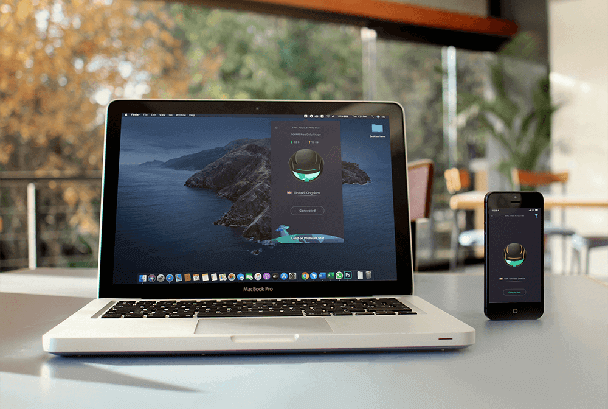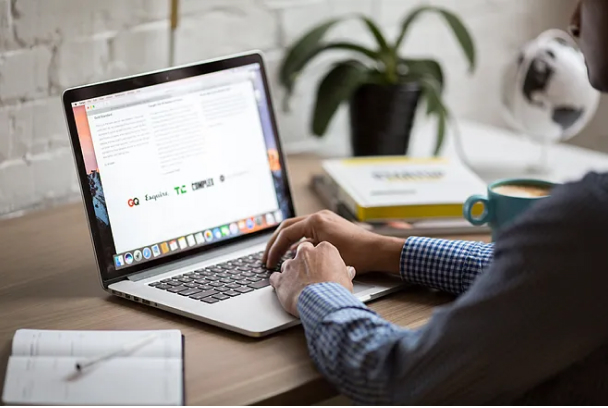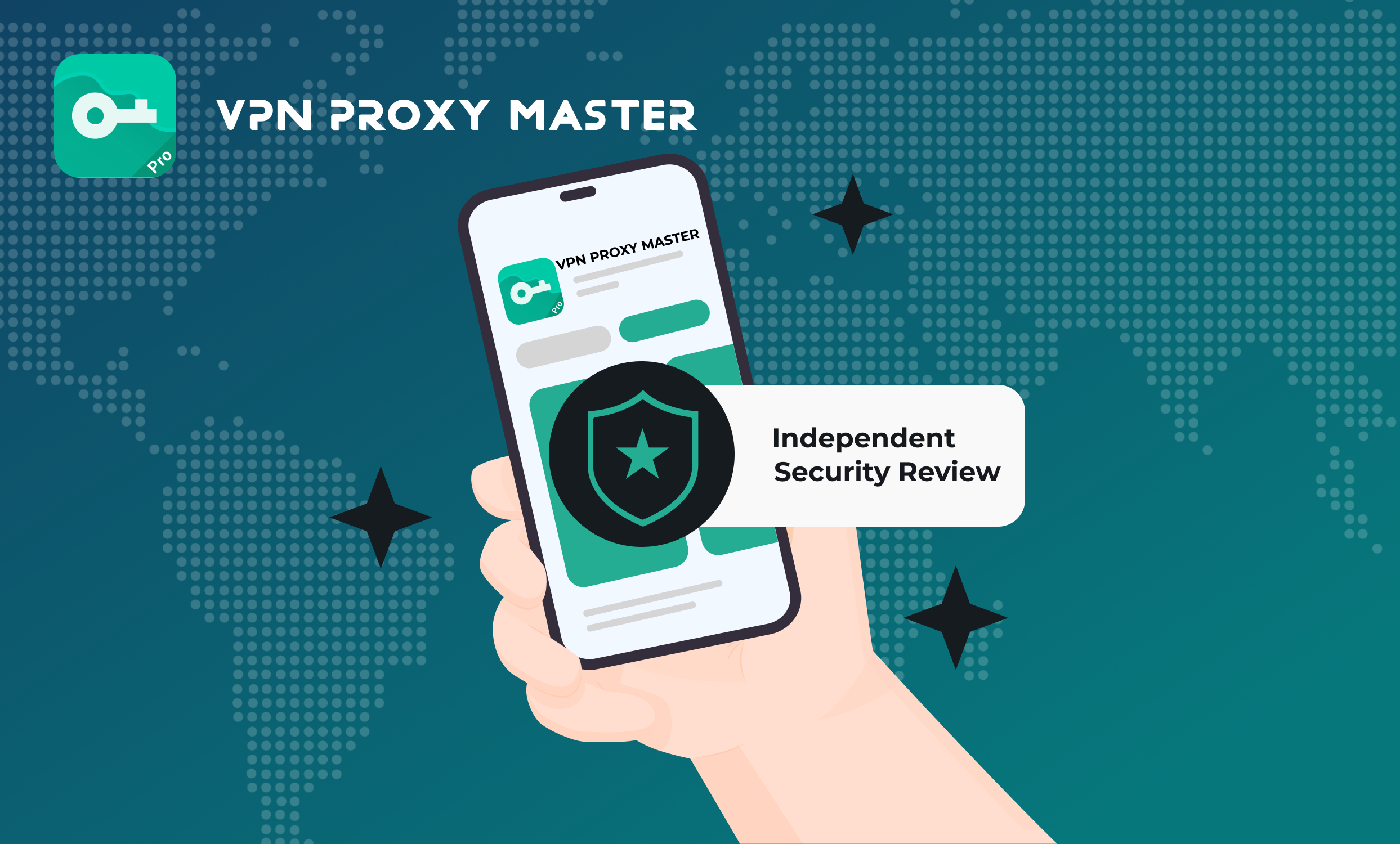The internet has become a necessity in today's era where you can do various things from online shopping, watching movies, surfing in cyberspace to communicate efficiently. Many public places have Wi-Fi installed to connect to the internet. Public Wi-Fi makes it easier for people to have internet access in public places like the train station, airport, restaurant or hotel.

You do not want to spend any money to buy a data plan during your travel trip. But frankly speaking, Wi-Fi networks in public places often cause data leaking problems. Public Wi-Fi connections are vulnerable to hacking, allowing your data and information to be compromised. You don't want that to happen right? Here we have several ways to keep your private information safe when connecting to public Wi-Fis.
1. Connect Wi-Fi manually
Make sure to choose your Wi-Fi network on your laptop, tablet or phone. Do not connect the Wi-Fi network automatically.
Make sure to click "Forget network" every time you finish using the public Wi-Fi. It helps you avoid attacks when you return to the place because your devices will automatically connect to the said network in the background without your permission.
You also need to turn off Wi-Fi sharing or commonly known as tethering when your Wi-Fi network is no longer in use. At least it can help to avoid the third party to access your device in the same network.
2. Avoid accessing sensitive information
Public Wi-Fi shouldn't be used to access email, online banking transactions, access credit card accounts or other types of sensitive information.
3. Double-check the Wi-Fi network name
Wi-Fi name is also essential when you try to connect your device to public Wi-Fi. Hackers usually use a Wi-Fi name which is similar to the original Wi-Fi in the place to lurk the victims. If you come across Wi-Fis that have the same or similar names, you better not to connect to them for safety reasons.
4. Visit webpage with 'HTTPS'
Make sure that the webpage you are visiting use HTTPS encryption. You can tell that your site includes HTTPS in the address bar of your URL or you can see there is a security lock mark.
A site with HTTPS shows that the website or webpage has multiple valid digital certificates, even to an SSL/TLS encryption point that will minimize Man-in-the-Middle Attack (MITM) from occurring.
5. Make use of password encryption
There are many additional types of security to keep your network safe, like connecting to a VPN. You'll probably find some useful extensions to force your network encryption on websites that aren't using encryption by default, but the easiest and safest way is to use a VPN.
However, selecting a trusted VPN services provider can be tricky. It would be best if you consider some of the aspects listed below before subscription.
1. Trustworthiness
One's won't be the choice of millions all over the world, if not proven for their integrity.
2. Security
Consider what encryptions your VPN service provider use. I'm sure you'll prefer to secure your traffic than not. AES 256 encryptions are the best standard for today, bank-level encryption.
3. Speed, stability and bandwidth limitation
Most of us have already understand this requirement. Sluggish speed won't feel so fun to use.
4. Logging policy
This privacy aspect is crucial. You use a VPN to avoid the Wi-Fi provider to store your activities, but your VPN provider logs all your information instead. Therefore, we recommend you to choose a provider that has a no-log or zero-log policy.
5. Turn on the Firewall
A Firewall is a network security system that monitors incoming and outgoing network traffic. The Firewall helps preventing unwanted local users from snooping on your computer. For Windows, go to Control Panel > System and Security. Under System and Security, you will find the firewall options then you can enable the Firewall option by one click.
6. Install Anti-virus
Anti-virus helps to avoid hacker practice. If you are used to use public Wi-Fi connections, you need to install an additional antivirus to protect your device from hackers' abuse practices.















